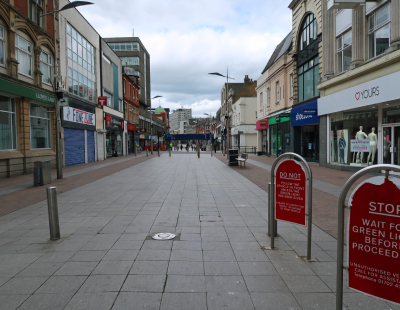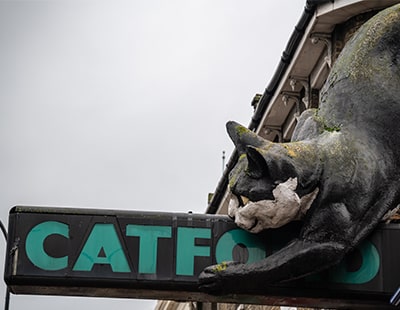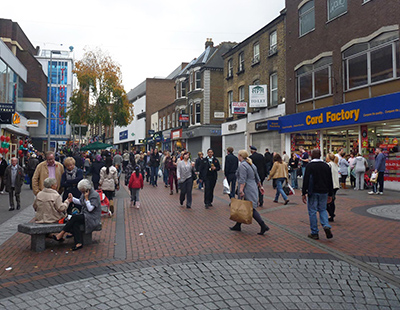We’ve also seen a big increase in retail/office to resi conversions and the creation of mixed-use schemes to make the high street about more than just shops, restaurants and leisure venues, but also places where people can live and work flexibly.
But is the return to localism, the move away from cities, and the increase in popularity of concepts like the 15-minute town or city, going to be a permanent legacy of the pandemic?
Here, we chat with Preston Benson, founder of regeneration specialists Really Local Group, about the future of the high street and whether mixed-use schemes will play a key role in its post-Covid recovery.
How can a bottom-up approach help reinvigorate town centres and support more local independent businesses?
For too long, town centre retail has been managed from the ‘top-down’, with units going to the highest bidder/those with the deepest pockets/highest perceived covenant strength.
This system inherently favoured the national multiples and has led to the situation we are now in: identikit high streets with large vacancies due to round after round of CVA…so much for that covenant strength!
Private landlords should be liaising with their councils NOW to work together on a sustainable plan that sees local views, aspirations and ideas via genuine community consultation reflected in the post-pandemic high street.
There are a multitude of funds currently on offer which could help reduce the risk of trying new ideas/giving local entrepreneurs an opportunity at their own high street business through a turnover rent scheme.
Ultimately, this will result in a more dynamic, independent and successful high street.
How can people be encouraged to return to town and city centres, to live and work, post-Covid?
We have found that depending on the location, many town centres have already returned to normal, particularly outside of London.
We have also noted that many of the villages and other communities that make up Greater London appear to be back to normal.
Re the CBD (central business district), such as the City and West End, we believe that many are ready to return to the office in some form, even if for a few days a week to start. In anticipation of their return, many employers have upgraded their office/benefits which should help motivate some return to normal.
Ultimately, those who are not prepared to do so in some form may find themselves in a new role inside/outside their companies.
Has Covid increased, or lessened, the demand for co-working venues?
Time will tell on what the balance of WFH/office will be, but we certainly believe that quality venues with good WiFi and discreet places to meet will continue to be in demand. This could range from informal workspace closer to where people live like we have at our Reading Biscuit Factory to more traditional membership models.
What has the impact of the pandemic been on entertainment/leisure/cultural venues?
The impact has been catastrophic due to the repeated government-enforced lockdowns. One of our venues, Catford Mews, was only able to trade for 10 weeks in a calendar year. Things would have been far worse had the government not stepped in with the Cultural Recovery Fund.
It’s now very important all restrictions are ended as soon as possible to give those businesses which made it through the pandemic the best chance of survival.
Is there an opportunity for more mixed-use developments, combining residential and retail together, to revive the high street?
There is a huge opportunity for mixed-use, in fact, I would suggest every major development going forward be mixed-use. If we are to continue discouraging car usage/promoting a greener agenda, we need to provide a range of services and other relevant offerings closer to where people live.
How important are cultural quarters in reinventing town and city centres and encouraging people to buy, invest and rent there?
Culture has long played a role in regeneration by drawing attention to often overlooked buildings and neighbourhoods, provoking the imagination and showing the art of the possible. The mantle is then usually taken up by a local council or developer who begins the process in earnest.
The term ‘cultural quarter’ is often used in contemporary developments for marketing purposes. Whilst a good start, ultimately, it will be the quality of the cultural offer, inclusive, accessible, local, that will dictate whether a place remains a ‘cultural quarter’ in the minds of the community!




.jpg)



.png)










Join the conversation
Be the first to comment (please use the comment box below)
Please login to comment